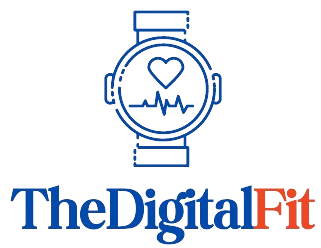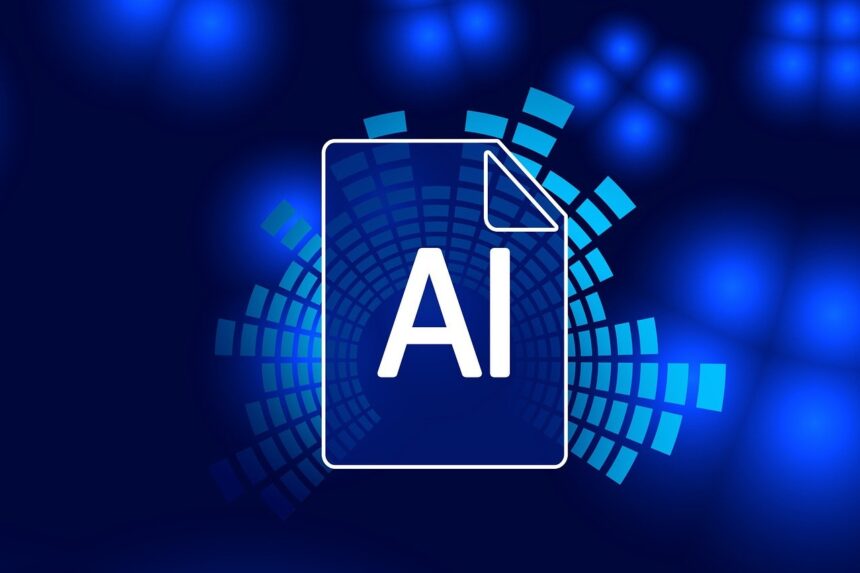Artificial intelligence (AI) diagnosis during hospital treatment was a “lifeline”, said a UK-based patient who suffered a stroke several years ago after returning from holiday.
Shawn Theoff, a retired postman, said that he was making a coffee and all of a sudden he was knocking things over, according to a report by BBC.
“I couldn’t focus properly, so I knew something wasn’t right,” he said.
Also Read: AI will be better than best doctors: Elon Musk
Theoff, 55, was then taken to Kent and Canterbury Hospital, where he had a brain scan which used AI decision support tools that helped doctors to diagnose and then treat his stroke rapidly.
According to the National Health Service (NHS) England, when a person has a stroke, it is estimated that they may lose around two million brain cells each minute, highlighting the need for urgent treatment.
Theoff, a passionate runner and gym enthusiast, is featured in an NHS film showcasing AI role in emergency diagnosis.
Upon arrival at the hospital, he had slurred speech and couldn’t lift his arms. He said that due to prompt AI-enhanced treatment, he was walking again within weeks, the report mentioned.
“I feel so lucky,” he shared. “I could’ve faced serious issues.”
NHS England has implemented this technology in stroke treatment nationwide over the past few years. Dr David Hargroves, a consultant stroke physician and national clinical director for NHS England, explained that AI enables rapid imaging processing and interpretation, significantly reducing the time from symptom onset to treatment.
Also Read: Harvard researchers develop ChatGPT-like AI model that can diagnose cancer
This technology has been shown to cut this critical time frame by over 60 minutes, said NHS England.
Meanwhile, a recent study conducted by researchers in Canada assessed the effectiveness of CHARTWatch, an artificial intelligence (AI) early warning system developed at Unity Health Toronto.
This system monitors hospitalised patients in real-time, identifies individuals at high risk of an unexpected death or transfer to an intensive care unit, and promptly alerts doctors and nurses to intervene early.

